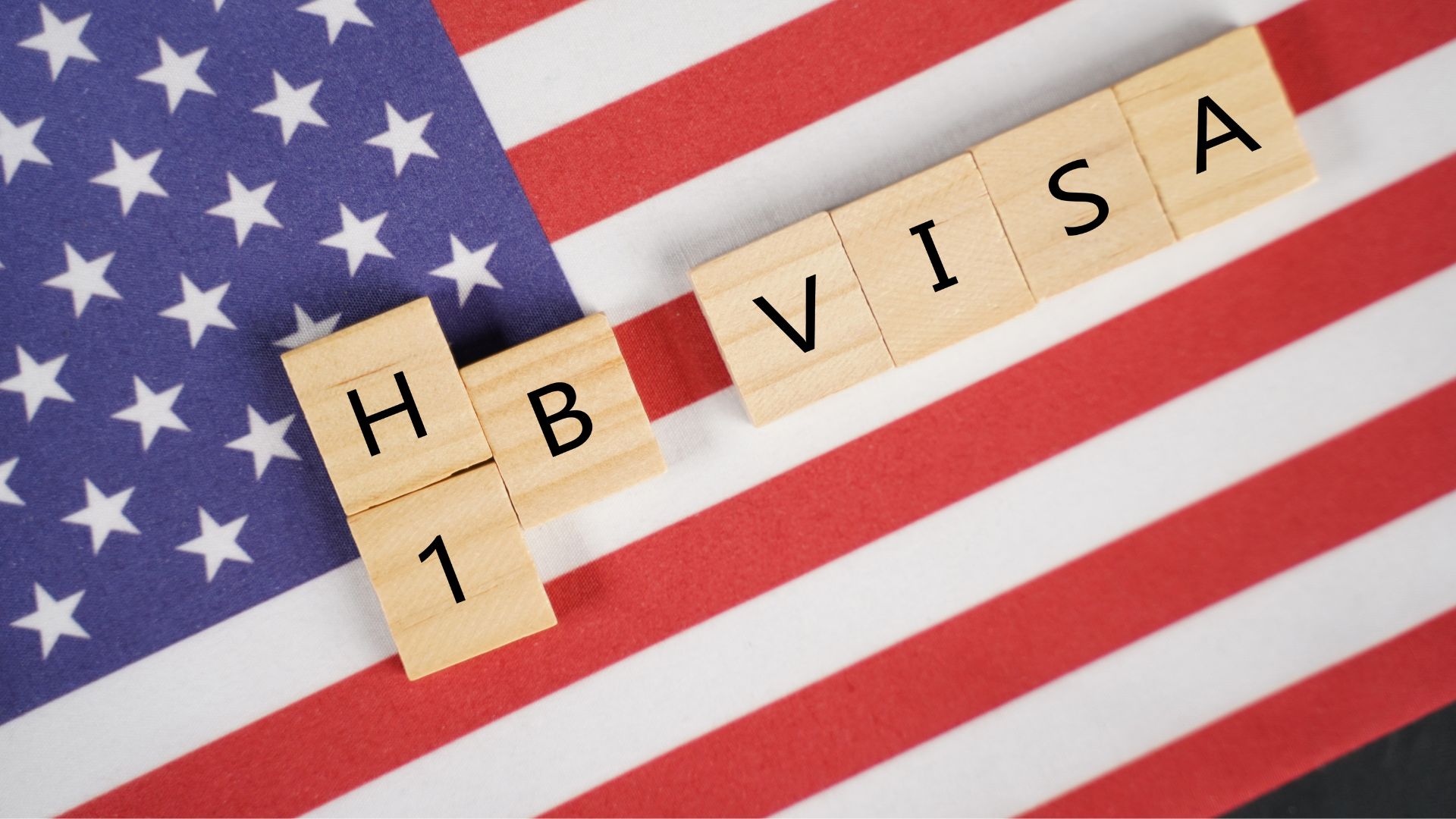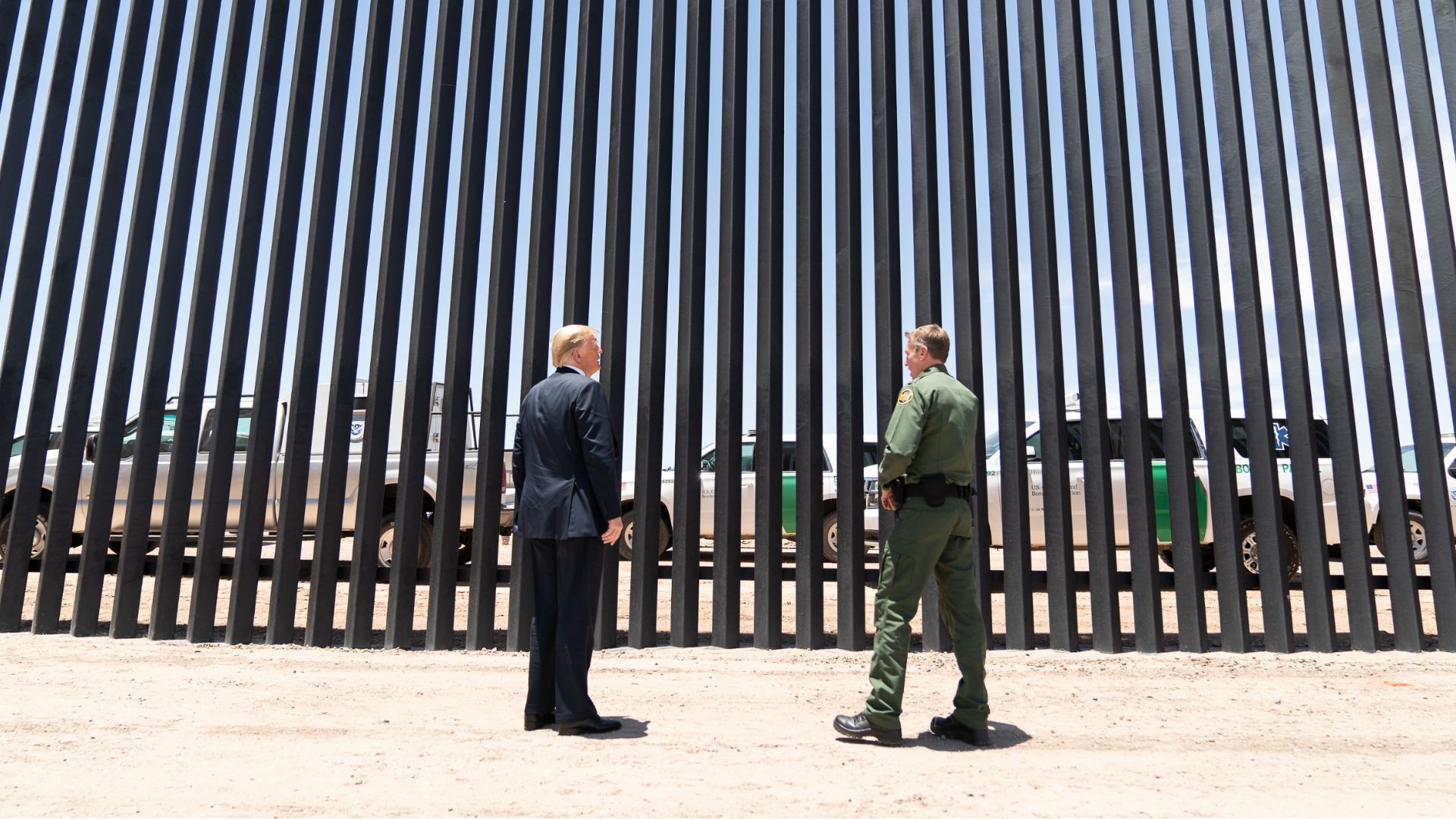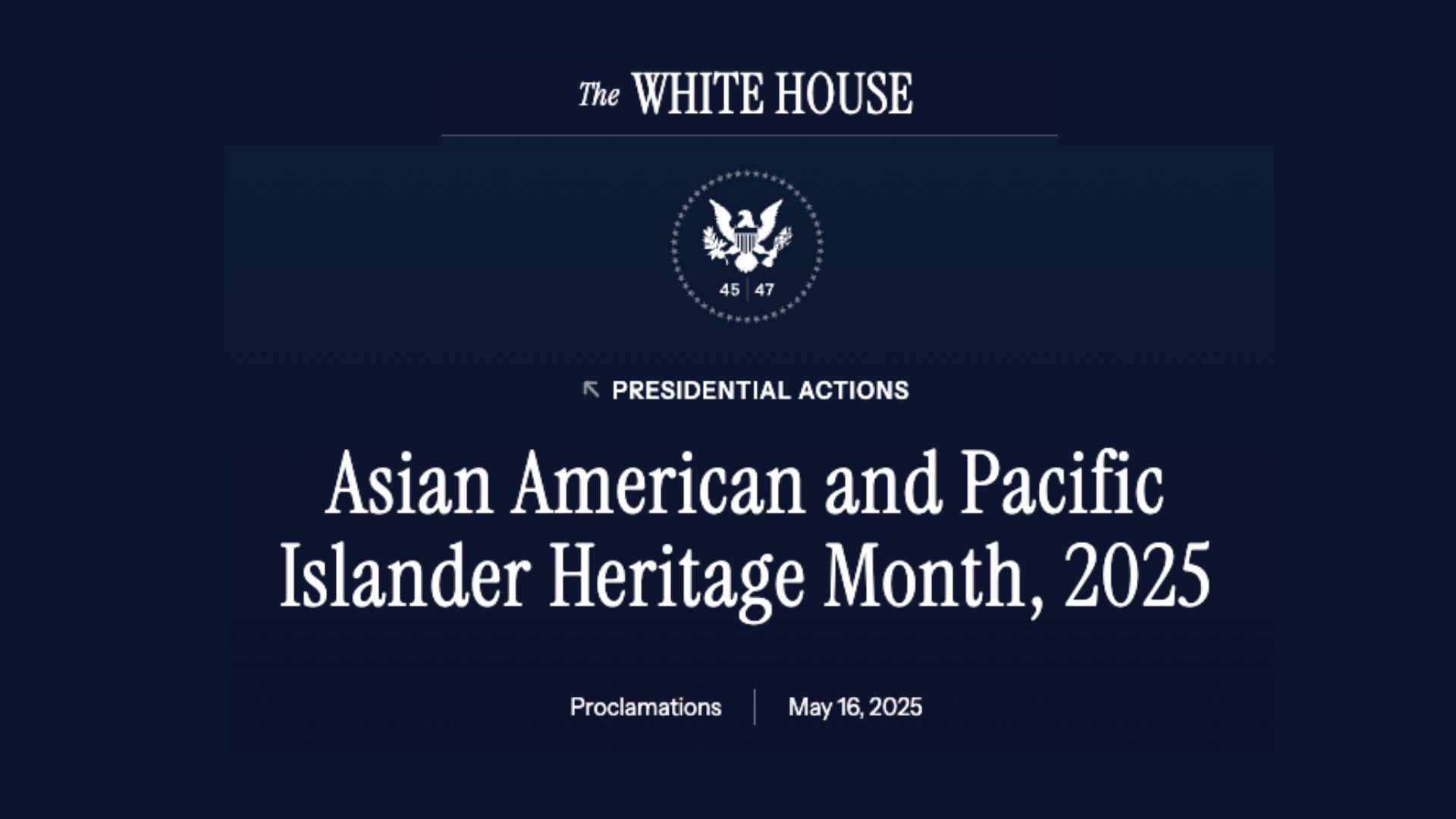New Rule Enhances Flexibility for Employers and Skilled Workers, Boosts Economic Competitiveness
December 17, 2024 WASHINGTON, D.C. – The Department of Homeland Security (DHS) unveiled a groundbreaking final rule designed to enhance the H-1B visa program, enabling U.S. businesses to address labor shortages in critical industries more efficiently. This modernization aims to streamline the visa process, increase flexibility for employers and workers, and strengthen program oversight and integrity.
The rule, set to take effect on January 17, 2025, is part of the Administration’s ongoing efforts to support American businesses, protect U.S. workers, and foster economic growth.
“American businesses rely on the H-1B visa program for the recruitment of highly skilled talent, benefitting communities across the country,” said Alejandro N. Mayorkas, Secretary of Homeland Security. “These improvements provide employers with greater flexibility to hire global talent, boost our economic competitiveness, and allow highly skilled workers to continue to advance American innovation.”
Key Changes in the New Rule
The H-1B program allows U.S. employers to hire foreign workers in specialty occupations requiring advanced knowledge and education. The updated rule introduces several critical improvements:
- Streamlined Application Process:
Employers can now process applications more efficiently for previously approved H-1B visa holders, reducing delays. - Expanded Flexibility for Employers:
- Modernized definitions and criteria for specialty occupations.
- Nonprofit and governmental research organizations are exempted from annual visa caps.
- Support for F-1 Visa Holders:
Flexibilities are extended to F-1 visa students transitioning to H-1B status, ensuring seamless employment authorization and status maintenance. - Eligibility for Business Owners:
H-1B beneficiaries with a controlling interest in their petitioning organization are now eligible under certain conditions. - Enhanced Oversight and Integrity:
- Strengthened inspection authority for USCIS, ensuring compliance and enforcing penalties.
- Clear requirements for bona fide specialty occupation positions.
- Legal accountability for employers petitioning under the H-1B program.
Modernizing the H-1B Landscape
The new rule builds on previous reforms, such as the January 2024 final rule that improved the H-1B registration and selection process. Together, these updates align the program with modern labor needs, ensuring employers can attract top global talent while upholding worker protections.
“This program was long overdue for modernization,” said USCIS Director Ur M. Jaddou. “Today’s changes will enable U.S. employers to grow and innovate while safeguarding the program’s integrity.”
To support the implementation of the rule, a revised version of Form I-129, Petition for a Nonimmigrant Worker, will be required for all H-1B petitions starting January 17, 2025. The form will soon be available on the USCIS website for preview.
By addressing critical labor shortages and fostering innovation, the updated H-1B program reaffirms the U.S.’s commitment to maintaining its economic competitiveness and global leadership in specialized fields.




